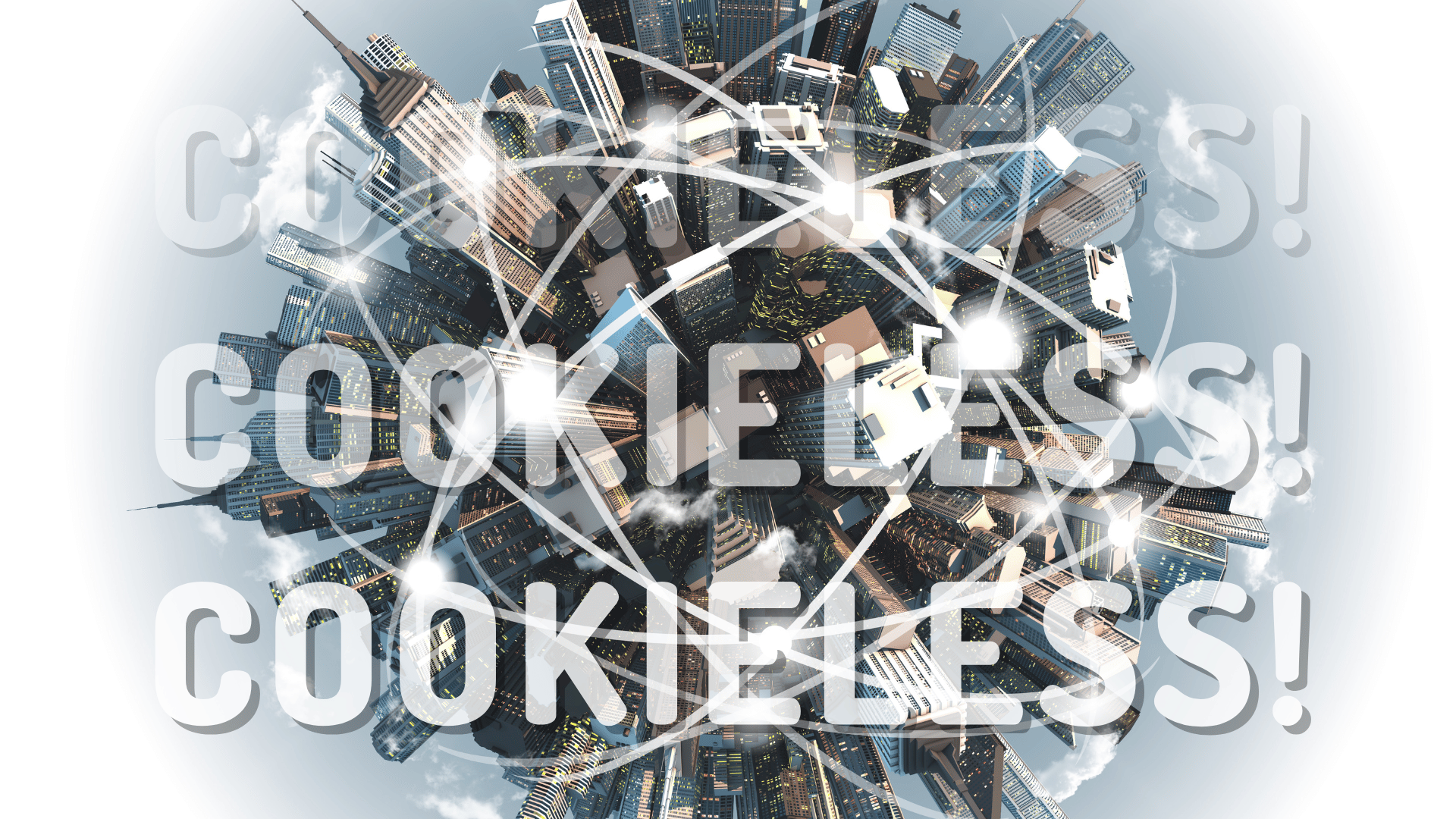Introduction Recent headlines have been abuzz with the firm stance taken by Indian Prime Minister Narendra Modi and Defense Minister Rajnath Singh against terrorism. Their words, resonating with determination, have sparked reactions worldwide. But what about the United States? How did they respond to Modi’s bold declaration of “we will enter their homes and eliminate them”? Let’s explore the human aspect of diplomatic interactions and uncover the layers of nuanced reactions.
The Provocative Remark In a spirited address during an election rally in Uttarakhand, PM Modi made a resolute statement: “Whenever we have had a weak government in the country, our enemies have taken advantage. Under this strong government, our forces are killing terrorists on their own turf.” This declaration carried a weighty promise – India’s unwavering commitment to confront terrorism head-on, regardless of borders.
The US Response When questioned about Modi’s statement, US State Department Spokesperson Matthew Miller chose his words carefully. He stressed the importance of dialogue and urged both India and Pakistan to seek resolution without escalation. It was a diplomatic tightrope act – acknowledging India’s sovereignty while advocating for restraint.
Miller’s remarks mirrored the Biden administration’s stance: promote dialogue, prevent escalation, but avoid direct intervention. This delicate dance between allies showcased the intricacies of global diplomacy, where every word carries weight.
The Historical Context Rajnath Singh’s earlier assertion laid the groundwork for Modi’s resolute stand. Singh had unequivocally stated that India would respond decisively to any threat to its peace, even if it meant pursuing terrorists across borders. The message was clear: India’s security would not be compromised.
Unanswered Questions As the dust settled, questions lingered. Were Modi and Singh hinting at covert operations? Did their remarks allude to specific incidents, such as the alleged assassination plot of designated terrorist Gurpatwant Singh Pannun in New York? The US remained tight-lipped, neither confirming nor denying, leaving room for speculation.
Conclusion In the intricate realm of geopolitics, words hold immense power. Modi’s bold statement reverberated globally, showcasing India’s unwavering commitment to counterterrorism. While the US responded cautiously, they acknowledged India’s right to self-defense. As the world observes, the delicate balance between assertiveness and diplomacy persists – a high-stakes game where nations navigate their interests and alliances.
Note: Diplomacy often walks a fine line, and the echoes of leaders’ words resonate far beyond their immediate surroundings, reminding us of the human aspect inherent in international relations.



